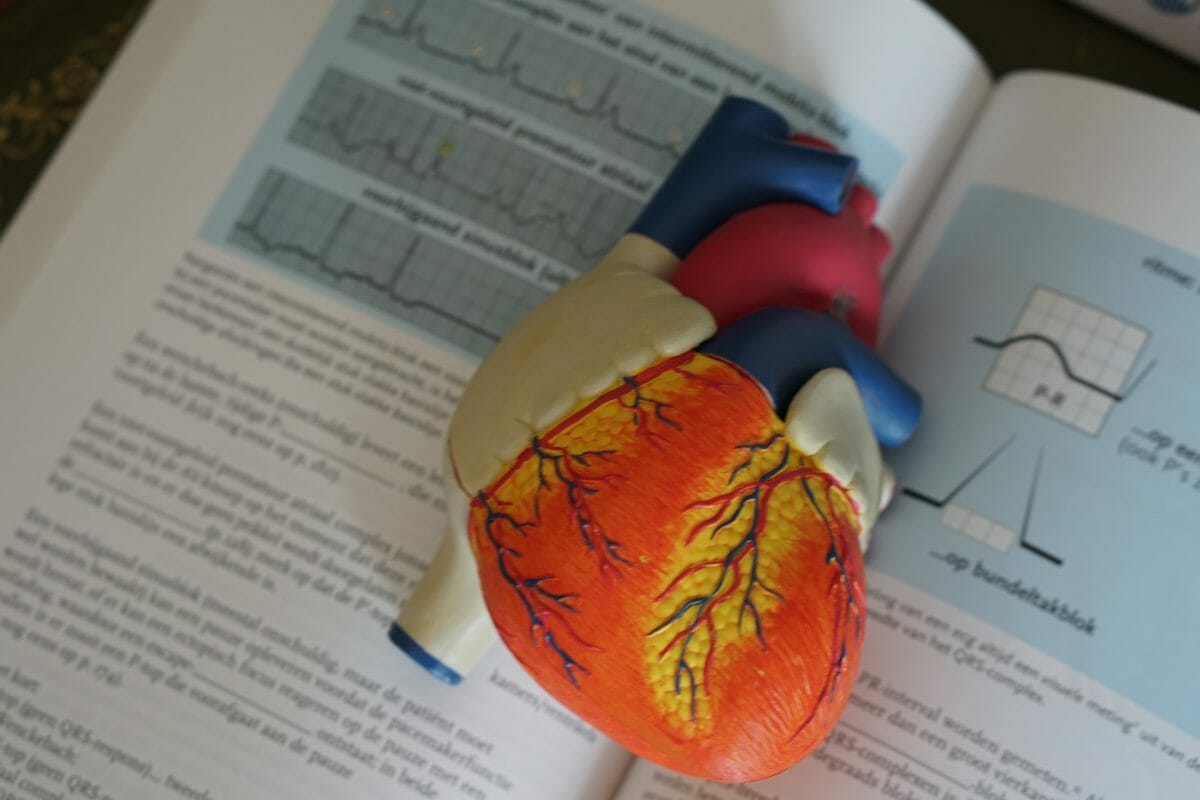Introduction
After a successful study is completed, writing a medical publication might be a challenging endeavor for some students or researchers. It is crucial that their conclusions are communicated to readers in general in the most accurate and effective way possible. As a result, if your piece is disjointed or unclear, you can be sure that most readers will not read it. If students want to be successful with journal publishing, they must take considerable care to ensure that their writing is understandable. Reading becomes easier as writers put more effort into their writing.
What to start with
Initially, gather your views regarding the purpose of your study, the entire body of literature that has been published on the issue, as well as your findings. You have already won half the battle if you have these things together. It helps to focus on the issue and avoid missing the key points. In some cases, it can be especially challenging for students because they can be distracted by numerous assignments.
Writing a winning medical paper requires much time and concentration. Yet, it is advisable to pay much attention not only to preparing medical papers for publication but to all writing assignments. If so, students can sometimes get essay writing help from experienced authors. It can be a helpful life hack for students to lessen excessive workload and save valuable hours for working on a scientific paper.
Make sure you know the requirements
Subheadings are used in journals to help authors organize their writing. In addition, authors should keep in mind the following six questions: who, what, why, when, and how. You would have covered the majority of your topic if you had answered these six questions in your post.
Complete your first draft and format it according to the requirements of the journal you want to submit it to. To determine the recommended style, carefully review the instructions to writers and a published article in that journal of a similar genre. You must accomplish this right away because journals have certain requirements for things like English (British/American), the number of figures, the structure of the references, etc. Observing the format enhances the likelihood that your contribution will be approved. For a few days, put your initial draft away. Examine, and then adjust as required. Review and keep getting better.
Take care of the paper style
The crucial aspect of your writing that matters is the style. Keep in mind that writing clearly is essential. We talk more sequentially than we write, which is a useful reminder to keep in mind. Hence, if you are having trouble with a sentence’s syntax, pronounce it, write it down, and then add the appropriate words.
Open a dictionary and thesaurus before you start writing. The appropriate words will be easier to choose if you keep in mind the type of reader you are trying to appeal to. Avoid being pompous at all costs. Generally, shorter sentences are preferable. If a word is appropriate, use it again. You are not creating a literary masterpiece. Avoid using words with strong emotional connotations in medical writing.
Follow editors’ tips
- It is preferable to write the easy sections of your paper first (methodology, findings), as seeing some words finished aids in motivation. As you have finished your research, use the past tense (reported speech).
- Plan how to best portray your data as pictures, tables, graphs, and charts at this point. Refrain from putting raw data in tables. Instead of repeating results that are already displayed in tables in the text, include significant discoveries and analyses.
- The main idea of your paper should be included in the abstract. Results, interpretations, and conclusions must all be included in the abstract. This is due to the fact that many lay readers will simply read the abstract.
- In your conclusion, address the goal, and the novelty of your finding(s), and make recommendations for further study.
- Make sure the theme is addressed in the abstract, introduction, and conclusions.
- Do a comprehensive investigation of the literature before claiming to be the first to disclose a certain finding.
- Do not copy or paste entire sentences from other publications. Rewrite the main points by selecting them. Certainly, there are some words and phrases that cannot be ignored.
- Tense issues typically crop up in the introduction, discussion, and conclusion (for non-English writers). As a general rule, report completed work in the past tense; otherwise, use the present tense.
Conclusion
Nowadays, many university curricula, including medical programs, mandate that students complete a paper for publication in order to graduate. Before students begin writing a paper, they should reflect on it and give it some thought. Good language is significant. It is crucial to read the guideline for authors. If it is necessary authors should edit the manuscript and be ready to act eth
